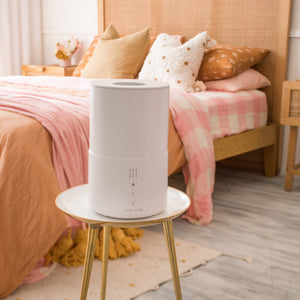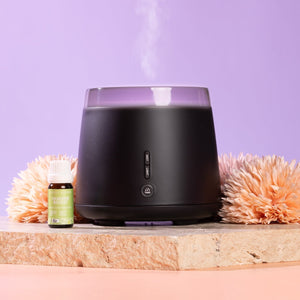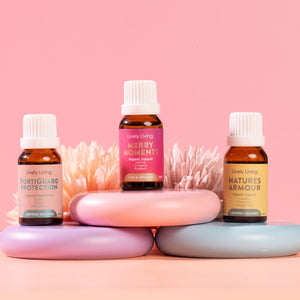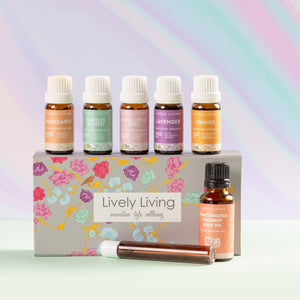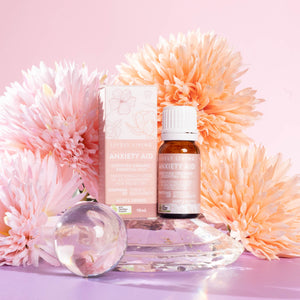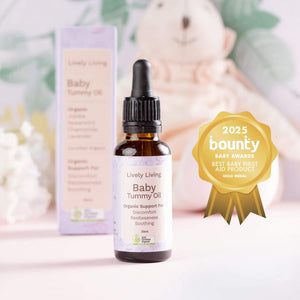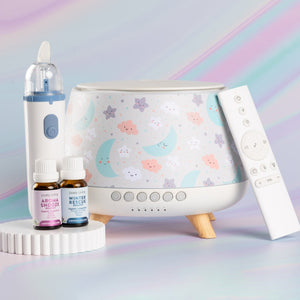Do You Need a Humidifier for Baby: A Comprehensive Guide
Do you need a humidifier for your baby's room? Many first-time parents ponder whether or not to acquire a humidifier for their baby's room. Humidifiers work by adding moisture to the air, which can help alleviate dry skin and respiratory conditions in babies.
In this blog post, we will delve into how cool mist and warm mist humidifiers function, their potential benefits for babies, and why the benefits of a cool mist humidifier are better. We'll also discuss safety considerations when using these devices in your child's room including fire hazards associated with some heated models on the market.
We'll further explore proper maintenance practices for your baby’s humidifier such as managing high humidity levels in the nursery and cleaning routines. Lastly, we’ll touch on regulating moisture concentration tips including maintaining optimal humidity levels and exploring additional benefits from white noise machines.
So if you're still wondering 'do you need a humidifier for baby?', keep reading to make an informed decision based on comprehensive insights into this topic.
Table of Contents:
- The Role of Humidifiers in Baby Care
- Safety First: Using Humidifiers Without Starting a Fire
- Proper Maintenance for Your Baby's Humidifier
- Regulating Moisture Concentration and Other Tips
- FAQs in Relation to Do You Need a Humidifier for Baby
- Conclusion
The Role of Humidifiers in Baby Care
Considering the use of humidifiers in baby care, parents often weigh the benefits and drawbacks. These nifty devices add moisture to the air, helping to combat dry skin and stuffy noses that plague little ones. Some even provide a soothing white noise that might lull your baby into a peaceful slumber.
How do humidifiers work?
Humidifiers work their magic by releasing water vapor or steam, increasing the moisture levels in the air. This is especially handy during chilly months when indoor heating systems can turn your home into a desert.
Potential benefits for babies
- Eases breathing difficulties: By moistening nasal passages, a humidifier can provide relief from congestion caused by colds or allergies.
- Soothes dry skin: The added humidity helps prevent or soothe dryness on your baby's delicate skin.
- Promotes sleep: Some humidifiers produce a gentle hum that doubles as white noise, potentially helping babies fall asleep faster and stay asleep longer.
Safety First: Using Humidifiers Without Starting a Fire
If you're using a humidifier for your baby's room, safety is key. Some models can be fire hazards, so follow the manufacturer's instructions to avoid turning your nursery into a bonfire.
Fire Hazards: Don't Let Your Humidifier Burn Down the House
Improper maintenance or usage can turn your innocent humidifier into a fire-breathing dragon. Keep it safe by following the rules and regulations set by the manufacturer.
Cool-Mist vs Hot-Water Vaporizers: Choose Wisely
Hot-water vaporizers may sound cozy, but they can be dangerous. Accidental spills or curious little hands can lead to burns. On the other hand, warm mist humidifiers might release harmful particles into the air. To avoid burns and lung diseases, opt for cool-mist humidifiers. They'll keep your home humid without the risks.
Proper Maintenance for Your Baby's Humidifier
Keep your baby's humidifier clean and happy. High humidity can make mold grow, which is bad news for your wooden floors and furniture. Plus, a dirty humidifier can become a bacteria breeding ground. Yuck.
Risks of High Humidity
Too much moisture means mold and mildew can thrive. These allergens can cause respiratory issues and trigger allergies in your little one. So, keep that humidity level in check for your child's health.
Importance of Daily Cleaning
Don't neglect your humidifier. Clean it every day with soap and warm water or vinegar. Follow the manufacturer's guidelines to keep it squeaky clean. Here are some suggestions to keep your item clean.
Regulating Moisture Concentration and Other Tips
The moisture concentration in your baby's room is crucial for their comfort and health. Keep those doors open to maintain the perfect balance between 30% - 50%. Not too dry, not too damp. Goldilocks would be proud.
Maintaining Optimal Moisture Concentration
To regulate humidity levels effectively, consider investing in a hygrometer. It's like having a humidity detective that helps you adjust your humidifier settings. Sherlock Holmes would be jealous.
The Role Hygrometers Play
A hygrometer provides exact readings to tell you the moisture content of a space quickly and accurately, no more guessing. No more guessing games. Just accurate readings and precise adjustments. It's like having a weather station for your baby's room. Al Roker would be impressed.
Benefits from White Noise Machines
Besides regulating moisture levels, another way to create a comfy environment for your baby is by using white noise machines alongside humidifiers. These magical devices produce soothing sounds that help your little one fall asleep faster. Say goodbye to noisy distractions and hello to dreamland. Your baby will be sleeping like a rockstar.
FAQs in Relation to Do You Need a Humidifier for Baby
Is it important to have a humidifier for baby?
Yes, a humidifier can help keep your baby's skin and nasal passages hydrated, potentially reducing symptoms of colds and other respiratory conditions.
Do doctors recommend humidifiers for babies?
In general, pediatricians may recommend humidifiers for babies with dry skin or respiratory issues, but be careful not to over-humidify.
Should I use a humidifier every night for my baby?
Yes, providing it is a cool mist ultrasonic humidifier, like the range from Lively Living. Excessive humidity from heated vaporisers that use heat to create steam, can lead to mold growth, so use it when needed, like during illness or in dry climates.
Conclusion
When it comes to humidifiers for your baby, consider the pros and cons.
Humidifiers can help with respiratory symptoms and create a cozy sleep environment, but don't forget about safety and maintenance.
Keep an eye out for fire hazards and make sure to regulate moisture levels with hygrometers.
And hey, why not use a humidifier with built in pink or white noise like the Aroma-Snooze Plus for some extra soothing vibes?
But remember, always consult with your pediatrician to determine if a humidifier is right for your little one.











